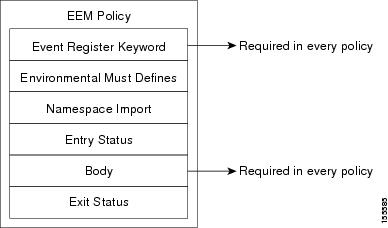|
(Optional) Entry must be specified if the CRON timer type is specified. Must not be specified if any other timer type is specified.
A cron_entry is a partial UNIX crontab entry (the first five fields) as used with the UNIX CRON daemon.
A cron_entry specification consists of a text string with five fields. The fields are separated by spaces. The fields represent
the time and date when CRON timer events will be triggered. The fields are described in Table 1.
Ranges of numbers are allowed. Ranges are two numbers separated with a hyphen. The specified range is inclusive. For example,
8-11 for an hour entry specifies execution at hours 8, 9, 10, and 11.
A field may be an asterisk (*), which always stands for "first-last."
Lists are allowed. A list is a set of numbers (or ranges) separated by commas. Examples: "1,2,5,9" and "0-4,8-12".
Step values can be used in conjunction with ranges. Following a range with "/<number>" specifies skips of the number's value
through the range. For example, "0-23/2" is used in the hour field to specify an event that is triggered every other hour.
Steps are also permitted after an asterisk, so if you want to say "every two hours", use "*/2".
Names can also be used for the month and the day of week fields. Use the first three letters of the particular day or month
(case does not matter). Ranges or lists of names are not allowed.
The day on which a timer event is triggered can be specified by two fields: day of month and day of week. If both fields are
restricted (that is, are not *), an event will be triggered when either field matches the current time. For example, "30 4
1,15 * 5" would cause an event to be triggered at 4:30 a.m. on the 1st and 15th of each month, plus every Friday.
Instead of the first five fields, one of seven special strings may appear. These seven special strings are described in Table 2
Example 1: "0 0 1,15 * 1" would trigger an event at midnight on the 1st and 15th of each month, as well as on every Monday.
To specify days by only one field, the other field should be set to *; "0 0 * * 1" would trigger an event at midnight only
on Mondays.
Example 2: "15 16 1 * *" would trigger an event at 4:15 p.m. on the first day of each month.
Example 3: "0 12 * * 1-5" would trigger an event at noon on Monday through Friday of each week.
Example 4: "@weekly" would trigger an event at midnight once a week on Sunday.
|


 Feedback
Feedback